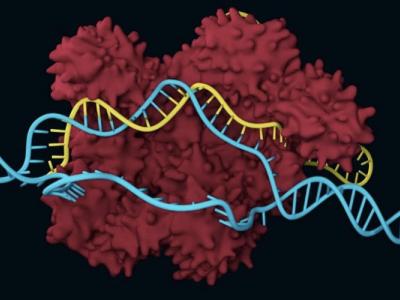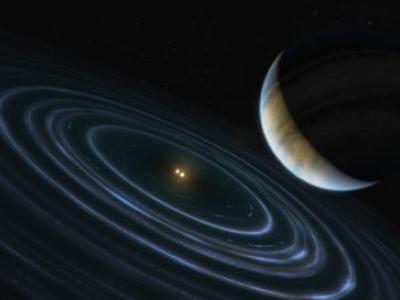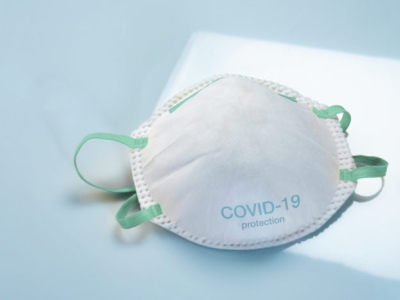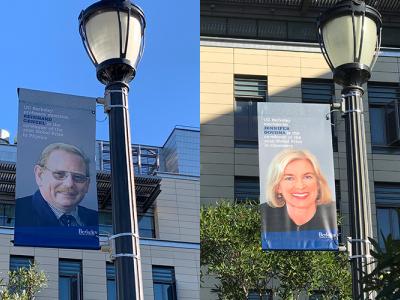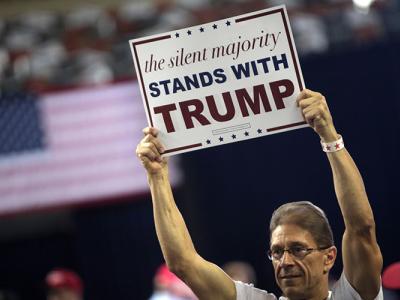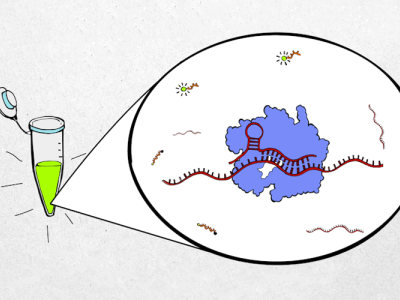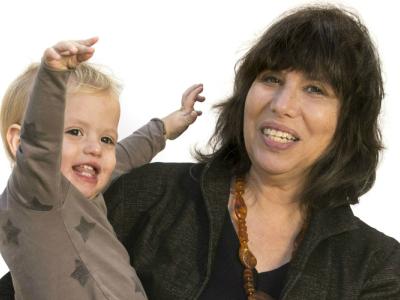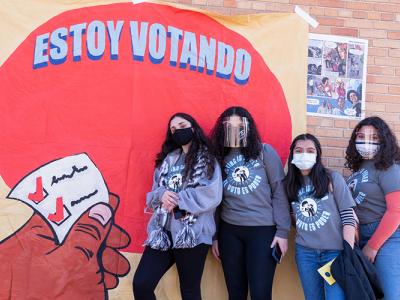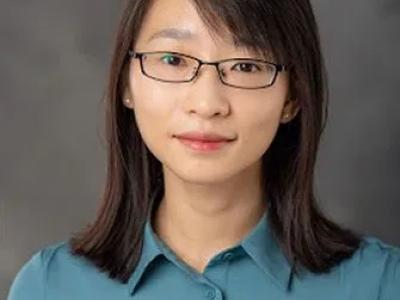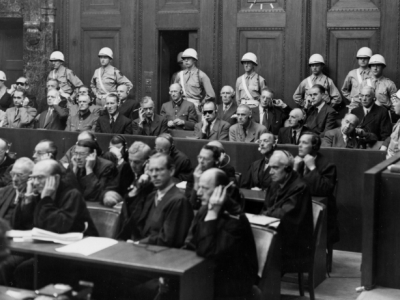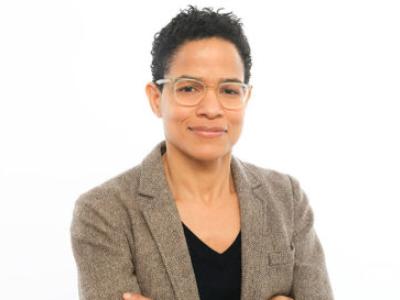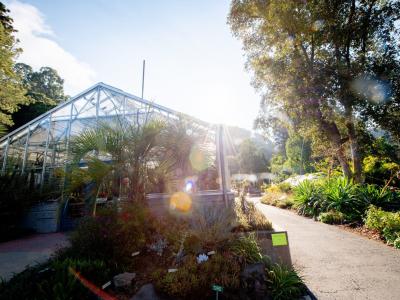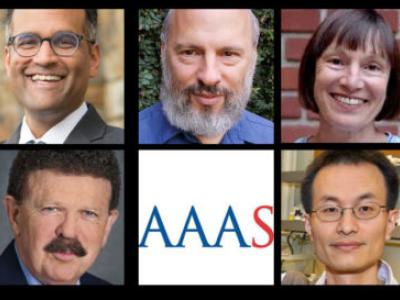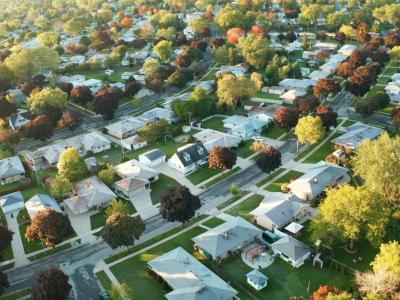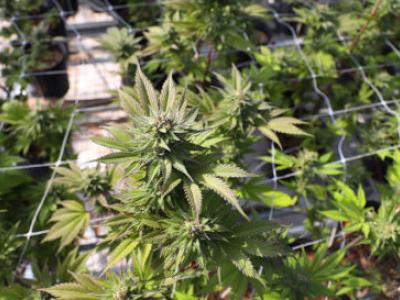CRISPR-Cas9 makes it easy to knock out or tweak a single gene to determine its effect on an organism or cell, or even another gene. But what if you could perform several thousand experiments at once, using CRISPR to tweak every gene in the genome individually and quickly see the impact of each?
Research News
Learn more about UC Berkeley's researchers and innovators.
Showing 1169 - 1184 of 3507 Results
Astronomers are still searching for a hypothetical “Planet Nine” in the distant reaches of our solar system, but an exoplanet 336 light years from Earth is looking more and more like the Planet Nine of its star system.
In the early days of the pandemic, amidst all the uncertainty, one thing was for sure: N95 masks were in short supply. So when materials scientists Jeff Urban and Peter Hosemann heard that a local HMO needed advice on N95 alternatives, they immediately knew what to do: Design a better mask.
For the first time since World War II, winners of this year’s Nobel Prizes will not be receiving their medals and diplomas from the King of Sweden in Stockholm. The pandemic has forced the Nobel Committees to deliver the medals to recipients at their homes, with just immediate family and consular or embassy officials in attendance.
More than a month has passed since the fiercely contested U.S. presidential election, and the nation’s institutions are moving day-by-day toward acceptance of the outcome that made Democrat Joe Biden the winner over incumbent Republican Donald Trump. But Trump is neither conceding nor moving on — and, it appears, the same is true for millions of his supporters.
Identifying and isolating individuals who may be contagious with the coronavirus is key to limiting the spread of the disease. But even months into the pandemic, many patients are still waiting days to receive COVID-19 test results.
Alison Gopnik, a developmental psychologist and author of such acclaimed books as The Philosophical Baby, The Scientist in the Crib, and How Babies Think, is one of three recipients of the James McKeen Cattel Fellow Award. Recipients of the award, bestowed by the Association for Psychological Science (APS), represent the field of psychology’s most accomplished and respected scientists whose research addresses critical societal problems.
In this episode of Berkeley Talks, experts discuss the forces that shaped the outcome of the U.S. elections in November and the implications of the elections for the U.S. and the countries of Latin America.
Jingshen Wang, an assistant professor of biostatistics at Berkeley Public Health, has been named one of Forbes’ 30 Under 30 in Healthcare for 2021.
Many farmworkers who plant and harvest our food are forced to live and work under conditions that are ripe for transmission of COVID-19. During the summer harvest season, coronavirus outbreaks popped up across the nation among farmworkers in agricultural communities, including many in California.
At the Nuremberg trials, harrowing video footage of Nazi concentration camps comprised the first use of film as evidence in international criminal prosecutions. On December 1, some 75 years later, a virtual event broadcast live from Nuremberg, Geneva, and Berkeley officially launched the Berkeley Protocol on Digital Open Source Investigations.
UC Berkeley African American Studies professor Nikki Jones has won the 2020 Michael J. Hindelang Award. The national honor given by the American Society of Criminology (ASC), recognizes a book published within the past three years that makes the most outstanding contribution to research in criminology.
What is color? The color of an object arises from which wavelengths of light are absorbed and which are reflected. For example, we would say a leaf is green because when sunlight—composed of different wavelengths of light like a rainbow—hits the leaf, the leaf absorbs red, orange, yellow, blue, and purple light, and is reflects green light back at us. Based on this description, we might conclude that green light has no effect on the plant as the very color tells us that the plant is rejecting that wavelength of light.
Five Berkeley scholars — four faculty members and one research scientist — have been elected fellows of the American Association for the Advancement of Science (AAAS), one of the world’s largest scientific societies. The distinction was awarded this year to 489 scientists, engineers and innovators for their advancement of science and its applications.
Everyone loves to complain that their taxes are too high. Yet few people actually take the time to formally protest them.
A recent deep-dive into property tax appeals in Texas offers new insights on what motivates people to protest or accept their tax obligations.
On November 13th, the California Bureau of Cannabis Control (BCC), the lead state agency that regulates commercial licenses for both medical and adult-use cannabis, announced a wave of research grant funding at public universities. Researchers affiliated with the Berkeley Cannabis Research Center received $4.6 million in grants of the $30 million total that was awarded across the state.

